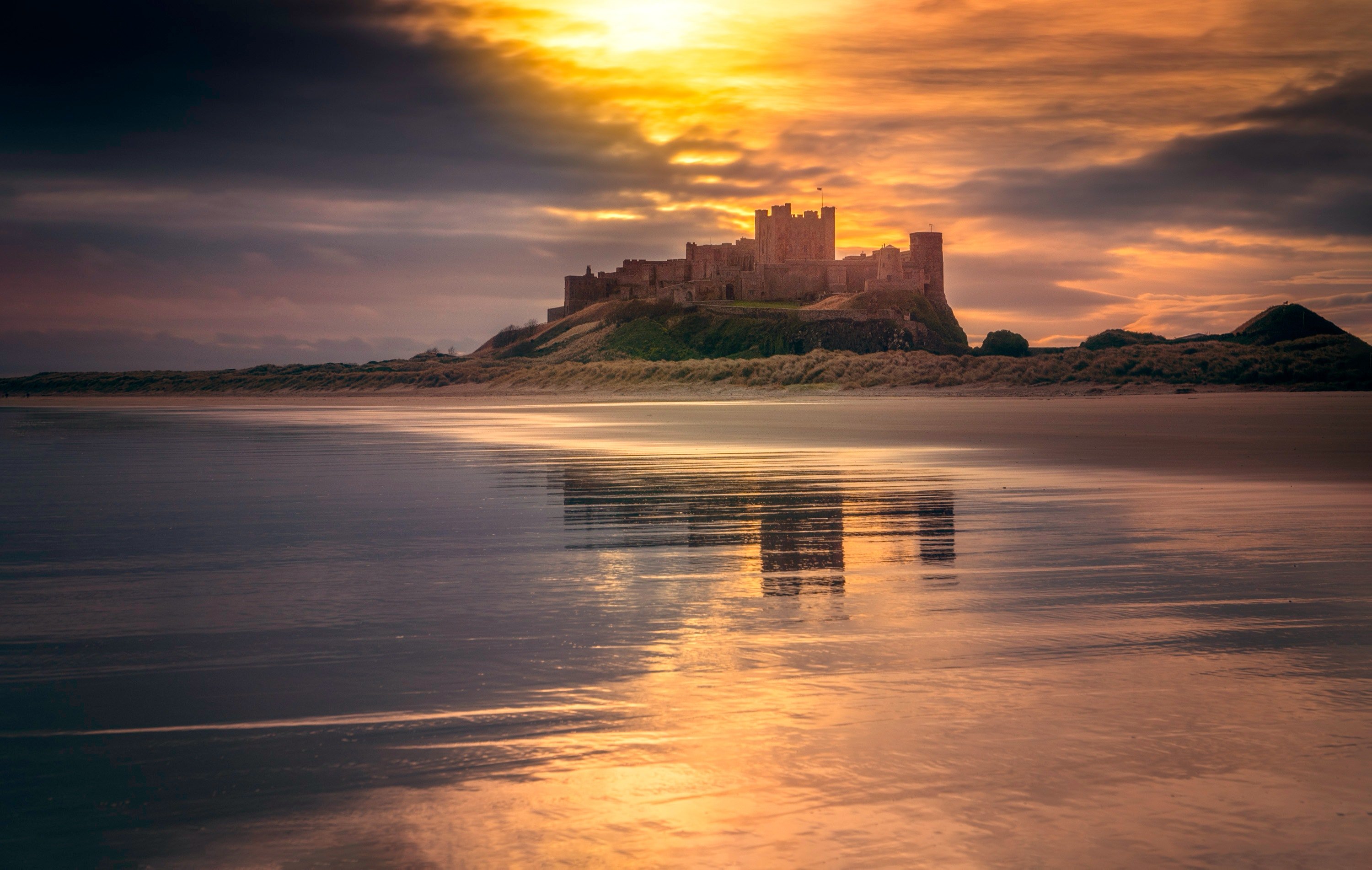A friend messaged me yesterday to say he needed motivation because there was nothing to look forward to. He was supposed to be hanging out with friends, heading to SF, going to Seafair. There were supposed to be all these spring quarter parties, music festivals, summer internships, chances to travel.
I know the feeling. For 10 years in the Navy, I could always hope for the next thing: graduate recruit training to be a sailor, finish corps school to be a medic, come back from deployment to stop being a Boot. More than that, I miss people counting on me: If I was late to muster, someone yelled. If I forgot a radio charger, someone missed it. If I tied my bootlaces backwards, it mattered.
And I was supposed to still be there. Yesterday was the last day of the contract I was supposed to finish if I hadn’t gotten kicked out. I was supposed to be jumping out of airplanes, plugging arteries with my fingers, giving presentations to congressional staff delegates and admirals, getting deployed, getting promoted, getting decorated or dying in glory and having my plaque mounted in the hallway of team buildings around the country.
Instead, I’m hunched over my desk, scattering eraser shavings and proving once again that yes, the root of two is irrational. If my p-set is sloppy, I’ll still get a Satisfactory grade. If I don’t publish a story, I’ll still eat. If I don’t turn in an article, my editor will understand. I’m wallpapering my room with rejection slips from literary journals, and the highest civic duty I can have now is to pretend I don’t exist.
So where’s the motivation if there’s nothing to look forward to? I think the question is wrong. It implies that the only reason to do things is to get somewhere. And then what? Society likes to give us all these metrics — happy, satisfied, passionate, fulfilled — as if these abstracts are fruits we could pick if only we found the right tree. We want a point where we can say “I’ve made it,” so that we can take a break and rest on a hilltop with a nice view. We want to look forward to that hilltop.
But there’s nothing there. Promotions, graduations, jiu jitsu podiums: You reach them, and it’s over. All the “supposed-to-be”s and “wish-I-was”s and “one-day-I-will”s prove themselves to be castles on mist-shrouded mountains that crumble through your fingers if you try to hold onto them.
Again and again, I’ve found that the most satisfying, the most rewarding part of any experience was the last unforgiving minute when you have the choice to surrender — when no one would hold it against you –– or to keep fighting, to stay true to yourself. We need the castles and mountains and hills, but those are just material representations of the journey. What matters is how we’ve acted, changed, and grown in the pursuit of those things.
Of course some days don’t feel right. You wake up and your eyes are puffy, your limbs feel heavy, and you can’t seem to find the light switch. You snooze your alarm, spill your water bottle, your phone screen is blank and that wrinkle in your bedspread just won’t come out.
Those are the days you blast Metallica a little louder, go run in the rain a little faster and farther, heave your lungs in the cold morning air. Or violin until your fingers bruise, beat the drums till your teeth are gnashing, flip through your old journal entries, until you find your dark place. Drop a pin on that shit, mark the route on Google maps, know the path like the back of your hand until you can navigate to it with eyes closed, tracing the brail of burned bridges and broken dreams.
Then do the thing you set out to do.
In his poem, “Ithaca,” inspired by the story of Ulysses’ 10-year journey home from the Trojan War, Constantine Cavafi writes:
When you set out on the journey to Ithaca,
pray that the road be long,
full of adventures, and full of knowledge.
The Lastrygonians and the Cyclopes,
the raging Poseidon do not fear:
you’ll never find the likes of these on your way,
if lofty be your thoughts, if rare emotion
touches your spirit and your body.
The Lastrygonians and the Cyclopes,
the fierce Poseidon you’ll not encounter,
unless you carry them along within your soul,
unless your soul raises them before you.
Pray that the road be long;
that there be many a summer morning,
when with what delight, what joy,
you’ll enter into harbors yet unseen;
that you may stop at Phoenician emporia
and acquire all the fine wares,
mother-of-pearl and coral, amber and ebony,
and sensuous perfumes of every kind,
as many sensuous perfumes as you can;
that you may visit many an Egyptian city,
to learn and learn again from lettered men.
Always keep Ithaca in your mind.
To arrive there is your final destination.
But do not rush the voyage in the least.
Better it last for many years;
and once you’re old, cast anchor on the isle,
rich with all you’ve gained along the way,
expecting not that Ithaca will give you wealth.
Ithaca gave you the wondrous voyage:
without her you’d never have set out.
But she has nothing to give you anymore.
If then, you find her poor, Ithaca has not deceived you.
As wise as you’ve become, with such experience, by now
you will have come to know what Ithacas really mean.
From: C.P. Cavafy, The Collected Poems, Oxford World’s Classics
For more Greek poetry and motivational musings, contact Nestor Walters at waltersx ‘at’ stanford.edu.
